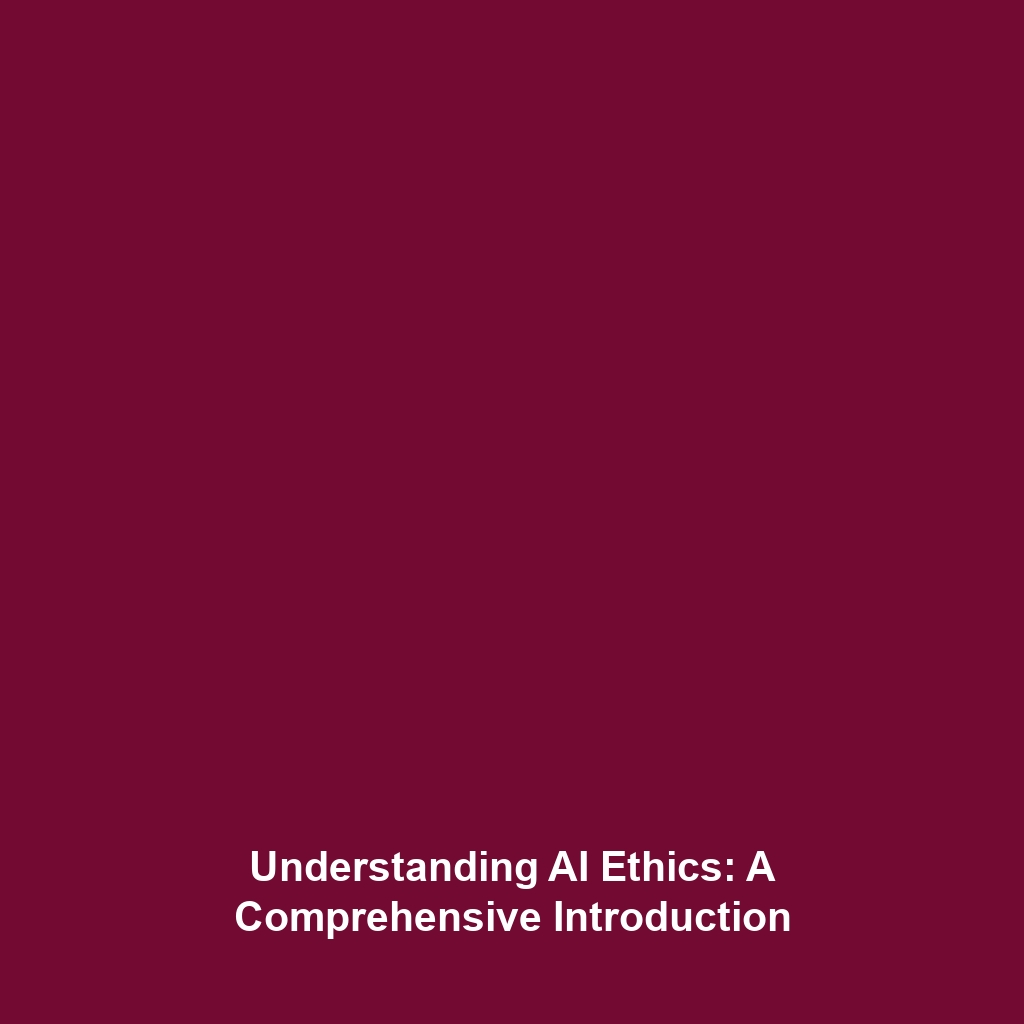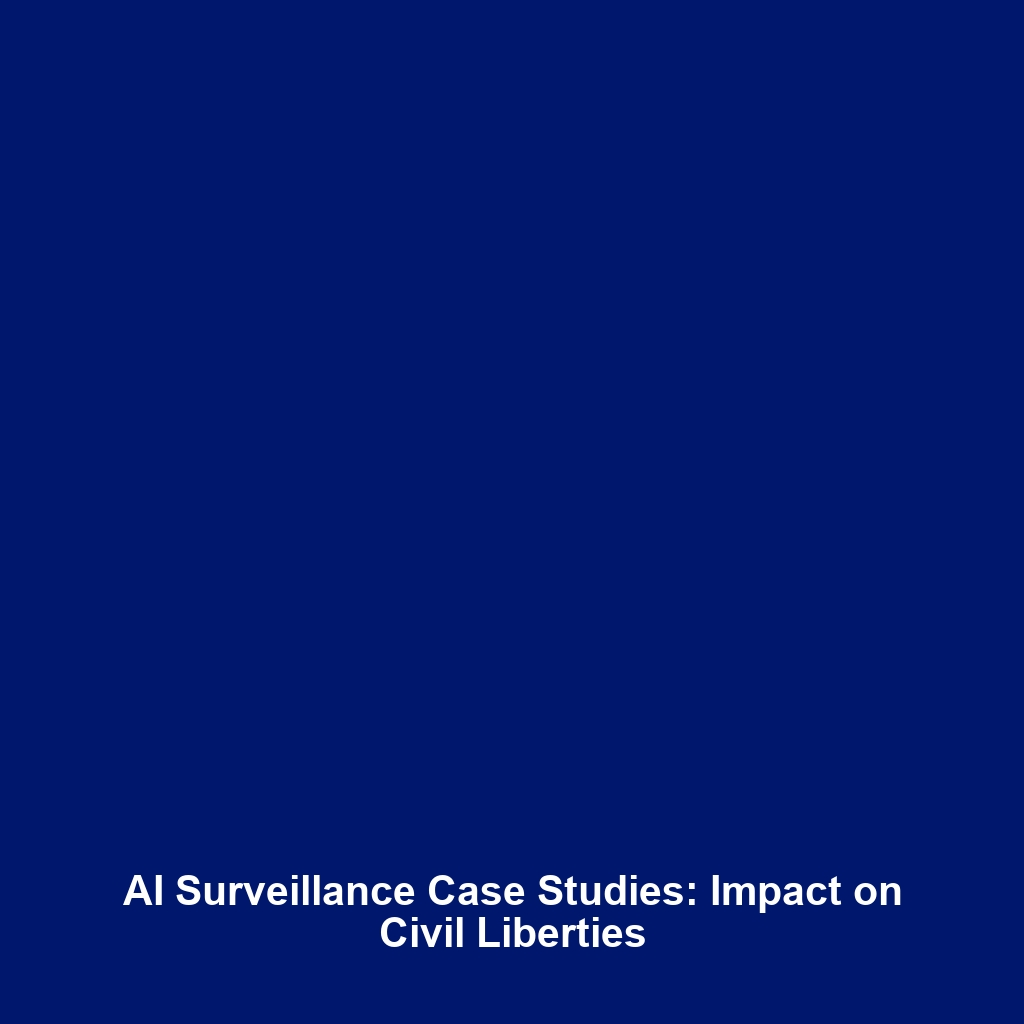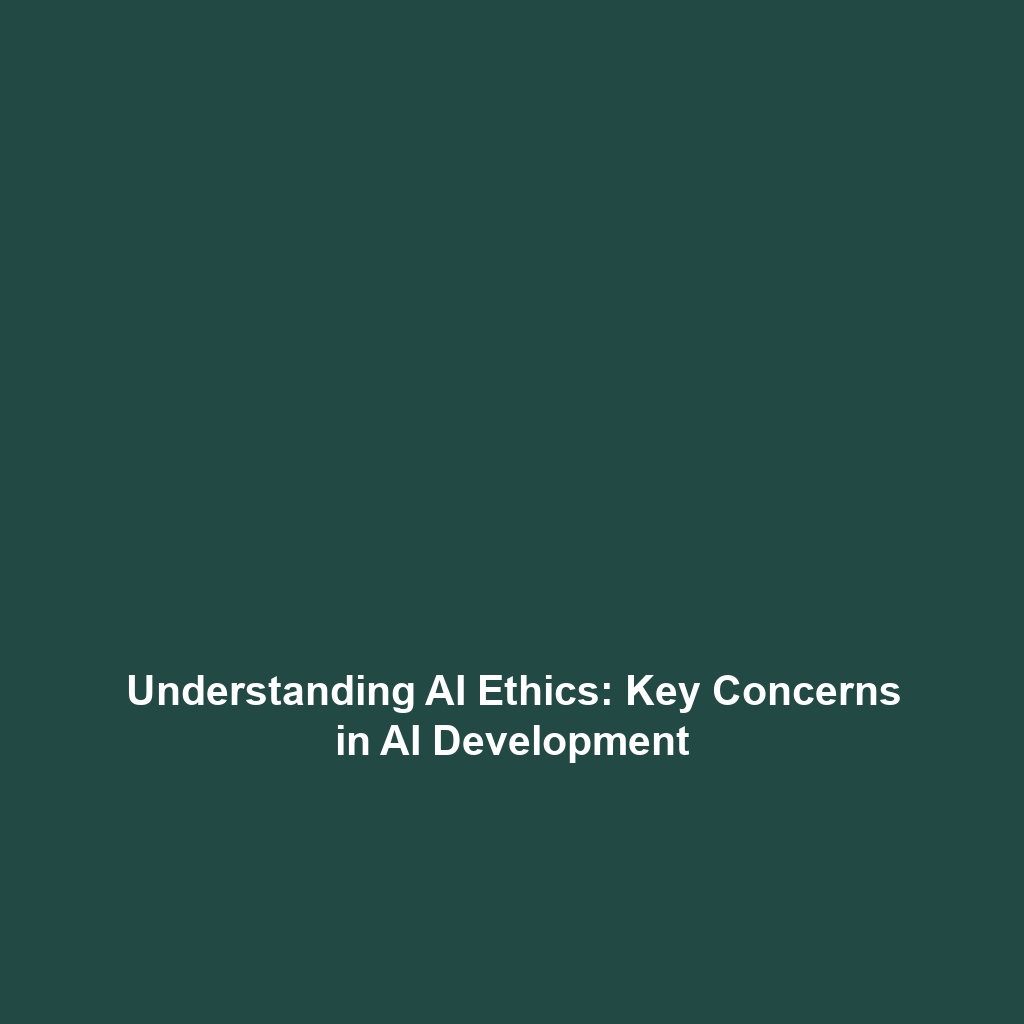Why AI Ethics Is Crucial: Ensuring That AI Technologies Benefit Humanity While Avoiding Harm
Introduction
As artificial intelligence (AI) continues to permeate various aspects of our lives, the discussion surrounding AI ethics has gained significant momentum. Why AI ethics is crucial lies in its capacity to guide the responsible development and implementation of AI technologies. This is essential to ensure that these innovations benefit humanity while mitigating potential risks and harms. The ethical discourse around AI not only addresses societal concerns but also sets the foundation for sustainable technological progress. Without effective ethical guidelines, the very technologies designed to improve our lives could inadvertently cause harm, raising questions about accountability, fairness, and transparency.
Key Concepts
Understanding why AI ethics is crucial encompasses several key concepts and principles:
- Fairness: Ensuring algorithms do not perpetuate bias and discrimination.
- Transparency: Promoting clarity regarding how AI systems make decisions.
- Accountability: Establishing clear responsibility for the outcomes of AI technologies.
- Privacy: Safeguarding individuals’ data in AI systems.
Each of these concepts plays a vital role in the broader context of AI ethics, serving as guiding principles to create technologies that respect and enhance human life.
Applications and Real-World Uses
The significance of why AI ethics is crucial manifests in various real-world applications:
- Healthcare: AI ethics ensures that medical algorithms are fair and unbiased, contributing positively to patient outcomes.
- Autonomous Vehicles: Ethical frameworks guiding AI decisions in self-driving cars can prevent accidents and protect human life.
- Finance: In financial services, ethical AI can enhance decision-making while mitigating risks related to discrimination in lending practices.
These examples illustrate how understanding AI ethics contributes to trustworthy technologies that serve the public good.
Current Challenges
Despite the significance of AI ethics, several challenges persist in studying or applying these ethical frameworks:
- Complexity in defining ethical standards across diverse cultures and societies.
- Lack of comprehensive regulations and policies governing AI technologies.
- Resistance from organizations to adopt ethical guidelines due to perceived limitations on innovation.
Addressing these challenges of AI ethics is crucial for future advancements in technology.
Future Research and Innovations
Research related to why AI ethics is crucial is ongoing, with emerging innovations paving the way for improved ethical standards:
- Explainable AI: Enhancing transparency in AI decision-making processes.
- AI Governance Models: Developing frameworks for responsible AI management.
- Interdisciplinary Approaches: Incorporating insights from sociology, psychology, and law into AI ethics studies.
These innovations will play a pivotal role in shaping the future landscape of AI ethics, ensuring that technologies continue to benefit humanity.
Conclusion
In summary, why AI ethics is crucial cannot be overstated. It ensures that AI technologies promote societal welfare while preventing harm. As we advance into a more AI-driven future, prioritizing ethical considerations is essential for fostering trust and accountability. To stay informed about AI ethics and explore related topics, visit our articles on ethical AI frameworks and the impact of AI on society.



